The Societal Benefits of Early Voting
Voters line up outside a polling place near Lincoln Center. According to Gallup, 45% of voters intend to vote early this year.
October 28, 2020
Taking place amid a socioeconomically damaging pandemic and featuring extreme political polarization, the 2020 presidential election highlights and exploits America’s divisions. However, while early voting may be politicized this year, it will be a useful instrument in any democracy long after this pandemic abates.
The ways in which people vote have become increasingly representative of political tribalism this year. Forty-five percent of American voters plan to vote before Election Day, according to Gallup; the percentage of voters by political party that plan to vote early breaks down to 62% of Democrats, 47% of independents and 28% of Republicans.
In many states, voters who want to vote early have two options: mail-in voting or in-person early voting. Mail-in voting has been politically contentious this year due to President Trump’s repeated attacks on mail-in voting, arguing that such tactics create a pathway for voter fraud to occur.
Trump has repeatedly cast doubt on the integrity of the election and has made egregiously false claims that the Democrats are trying to rig the election against him. However, there is no factual evidence for any of these claims. Mail-in voting is safe and reliable, particularly if you live in a state with an online voter portal where voters can log in with their personal information to verify that their ballot has been sent and/or recorded. This is the case in my home state of Virginia.
Those who choose to vote early or by mail should not only be given that opportunity during a pandemic, but also have that opportunity every year.
Additionally, voting by mail is the safest option during the COVID-19 pandemic. There are large political divisions between levels of concern over the coronavirus, in part due to Trump’s pervasive downplaying of the pandemic. That said, voting in-person is likely reasonably safe so long as one wears a mask and avoids any crowding inside or outside of the polling station.
Early voting should remain a tenet of American elections in the future; we should be making it easier, not more difficult, to vote. This isn’t the first year that early voting has been available, but it should become more common and less politicized so that everyone can have more opportunities to vote irrespective of political affiliation. We should consider Election Day not “the primary” day to vote, but “the last” day to vote.
Historically, many people have not voted in past elections for reasons such as long lines at the polls on Election Day or an inability to take time off work on Election Day. Having a robust early voting strategy available for all citizens who want to vote early would make voting more accessible to a greater number of people, and thus encourage more widespread voter turnout.
Increased opportunities to vote may enhance civic engagement, which in turn would be good for the country as a whole.
It is not easy for many to vote if they are greeted by four-hour lines at polling places, so increased mail-in or other early methods of voting would help reduce crowds at polling places.
Voting is a fundamental freedom of American civic life, so it must be made easy for all who are eligible to participate. Those who choose to vote early or by mail should not only be given that opportunity during a pandemic, but also have that opportunity every year.
I voted by mail in Virginia due to a number of factors, including concerns about COVID-19, uncertainty about long lines at polling places or other potential difficulties faced by voters on Election Day, and the desire to “get it out of the way.”
In Virginia, an excuse is not required to vote absentee, which means that any registered voter can do so by mail. Absentee ballots are mailed out six weeks before the election. I received mine in mid-to-late September and sent it back. It was easy, safe and convenient. This should be the case for everyone, not just voters in Virginia.
It is my hope that other voters across the country have options to vote as efficiently and conveniently as I had, and we should strive to make that experience a norm rather than a novelty.

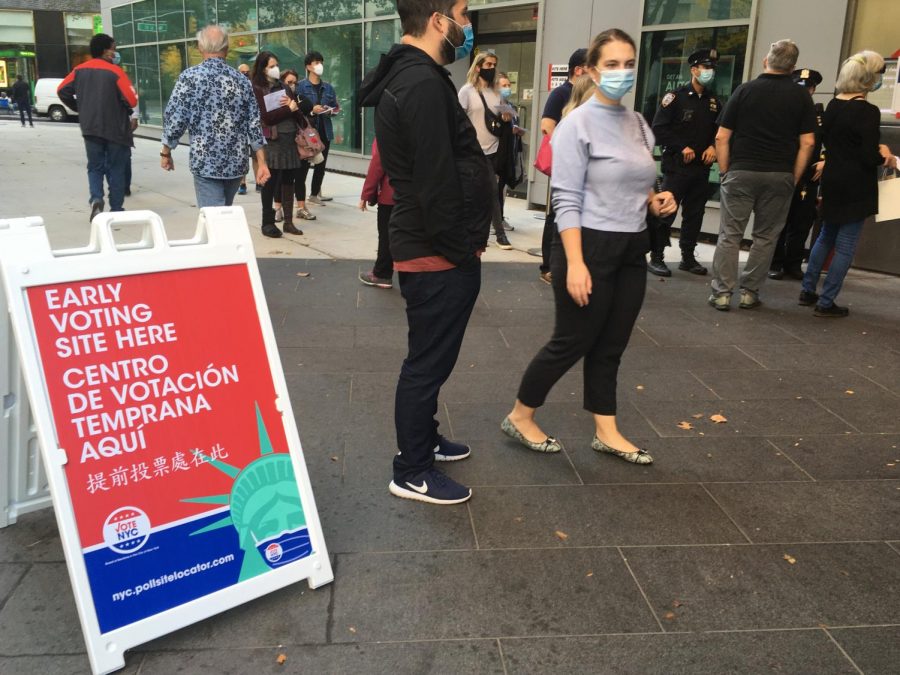
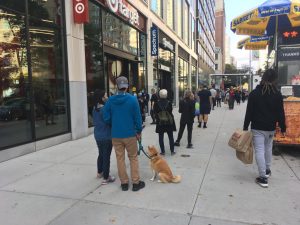
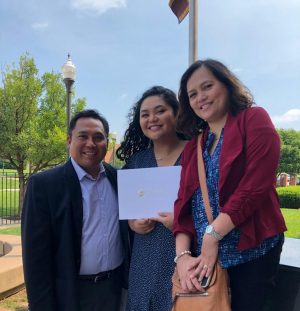
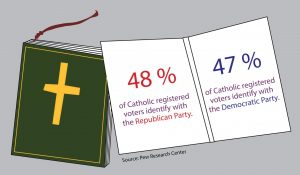

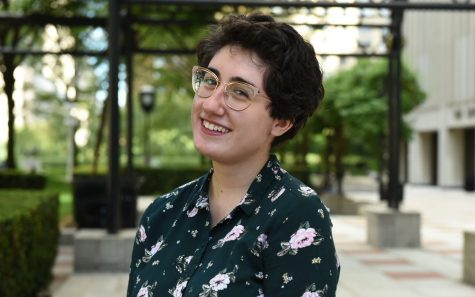











Thomas Clarence • May 17, 2021 at 4:17 pm
It was really interesting to learn about how people often don’t vote because of the long lines that they have to wait in. It seems like mail-in ballots are something that people should take advantage of because it allows them to vote from the comforts of their home. These people would probably want to make sure they get the ballot in the mail on time so that their vote can count. https://provotesolutions.com/elections/